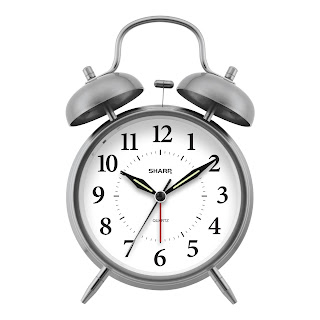One of the big changes we've seen over the last hundred years is the shift from our sense of duty to a push for our individual rights. There was a time at which we asked ourselves: What should I do to make society better? This question has, for many, been replaced with a new question: What should society do to make things better for me? This change in ideology has been particularly evident over the last few years.
Despite this, we still hear the thoughts of past generations echo through the decades. During his Inaugural Address in 1961, John F. Kennedy challenged the people of the United States to contribute to the public good. His famous words, “Ask not what your country can do for you – ask what you can do for your country,” encouraged people to work towards making society better for all.
We might ask ourselves which approach will lead to a more just and flourishing society. If we focus on how our actions can make society better for all people, then we may see improved equity, tolerance, and kindness. If, on the other hand, we focus on our individual rights, and thus make demands on society, we may find an increase in conflict and inequality. This could come as a result of putting one's rights first, above the common good, and above other people's needs. After all, clashes often result from people's rights coming into conflict.
This is not to say that we should abandon our rights. They are, after all, the cornerstone of our sense of freedom and justice. Rather, it is to say that we need to strike a balance and ask ourselves, how can we make the world a better place for all? By focusing on the common good, or focusing on ourselves? The answer may be found in Gandhi's 1947 observation that "all rights to be deserved and preserved came from duty well done. Thus the very right to live accrues to us only when we do the duty of citizenship of the world."
Perhaps in addition to our Universal Declaration of Human Rights, we also need a Universal Declaration of Human Duties.
